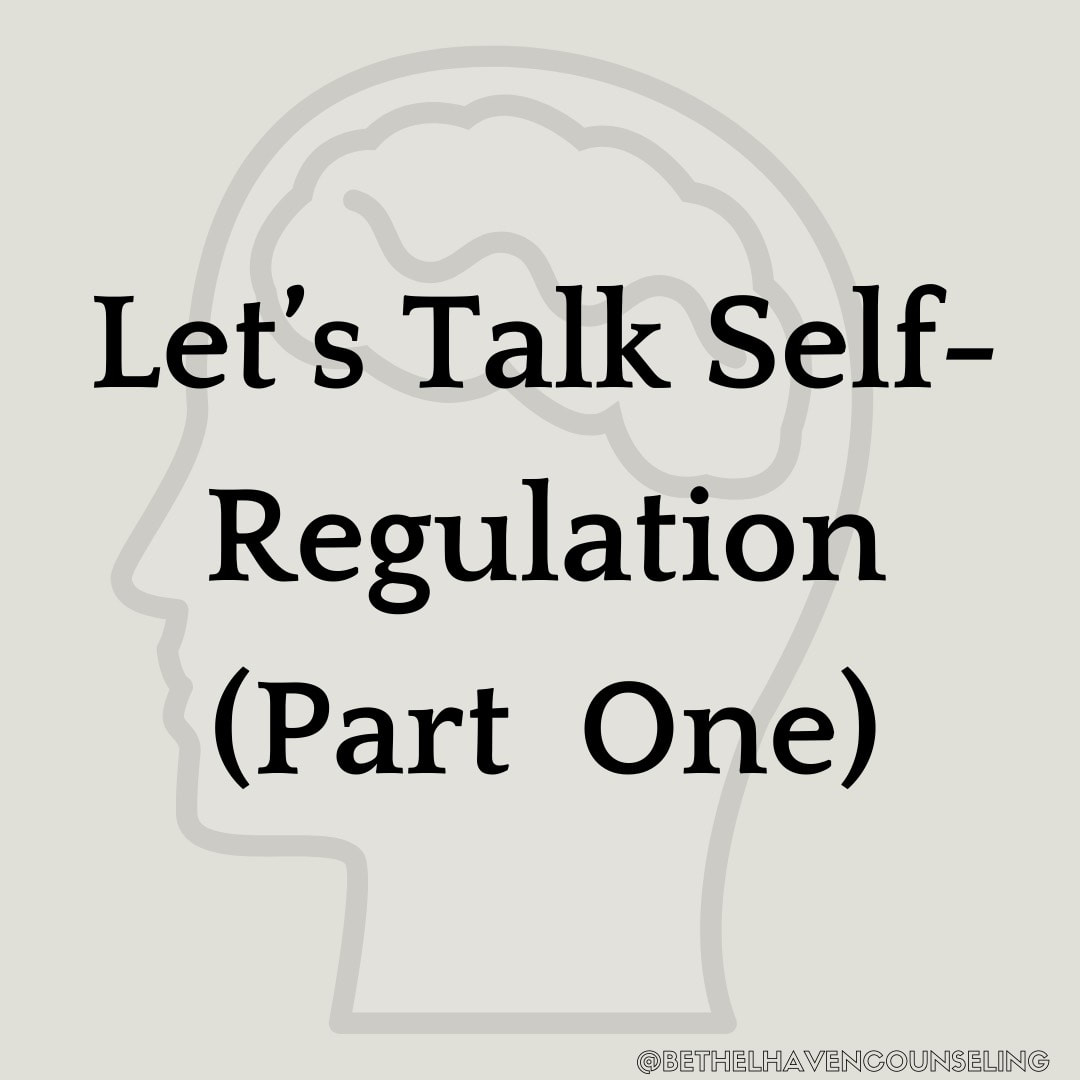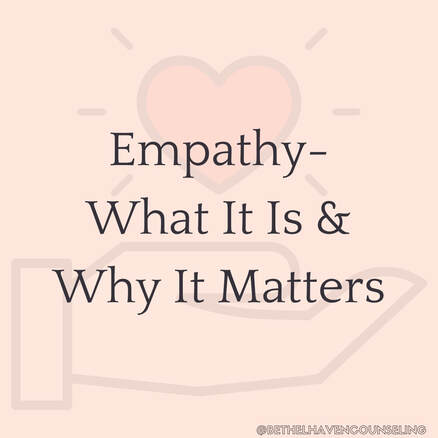|
It’s well known that emotional intelligence is key to thriving in today’s society, with self-regulation being one of its vital components. The ability to regulate ourselves amidst chaotic or difficult circumstances is an invaluable skill that can help us thrive no matter what we face. When we talk about self-regulation, it’s important to define what it means to be dysregulated. When we are dysregulated, our emotions (often emotions such as anger, fear, sadness) are out of control and we feel unable to calm down - or regulate - ourselves back to a calm state.
When you’re dysregulated, your sympathetic nervous system (what you may recall as “fight, flight, or freeze”) is in charge. When your body is in this response mode, the part of your brain that helps you reason, focus, and interact well with others has diminished functioning. You also find yourself more irritable, reactive, and overwhelmed rather than calm and centered. Now, your sympathetic nervous system is important and vital to survival, but it’s not meant to be in charge all the time. Your parasympathetic nervous system (known as “rest and digest”) is built to be in control. When it’s activated, your body is calm and you are able to reason and think clearly. If you’re tracking so far, you’ve probably concluded that self-regulation is how we return to parasympathetic-dominance from sympathetic-dominance. In other words, self-regulation is the process in which we return to a calm state when we are feeling out of control. So, how does this happen? Over the years, researchers have proposed and developed methods of what they call “bottom-up” regulation. I won’t get too scientific, but essentially bottom-up regulation is being aware of your body and its sensations (whether that’s tightness, pain, tension, heart rate, the breath) and using that awareness to return to a state of calm. Returning to calm, to parasympathetic-dominance, allows us to be more intentional, less reactive, and better connected. It gives us space in between what happens to us and how we react - space to think and choose rather than act on impulse. Next week on the blog, we’ll discuss specific strategies for bottom-up self regulation that you can put into practice right away, so stay tuned!
0 Comments
Empathy. You’ve heard the word, but do you really know what it means? Counselors are deeply familiar with this word, however, it’s a concept that’s misunderstood by so many (myself included in my pre-graduate school days). Why is this? Well, we often think that empathy is synonymous with sympathy, however there is very important distinction between the two - a distinction that can be the difference in whether or not we connect or disconnect from each other.
Renowned author Brene Brown states that “empathy fuels connection, sympathy drives disconnection”. But wait! I thought sympathy was a good thing! Let’s dig a little deeper into the semantics of these two words and you’ll see what I’m talking about. Empathy involves identifying with another’s emotional pain, placing oneself in another’s position to gain understanding, and the willingness to “just be” with another. Mirriam-Webser defines empathy as “the action of understanding, being aware of, being sensitive to, and vicariously experiencing the feelings, thoughts, and experience of another”. So, how is this different from sympathy? Sympathy is feeling sorry for another without attempting to understand or identify with another’s pain. It can also look like trying to "lighten the mood" or "find the silver lining", which comes across as dismissing another’s pain rather than listening and acknowledging it. Theresa Wiseman, a nursing scholar, proposed four attributes of empathy that can give us more clarity as to what empathy looks and sounds like:
Am I saying that we should never give feedback or speak truth to our loved ones? By no means. However, the moment when your friend is sharing their raw emotions and struggles with you is often not the best time for giving advice. Rather, these are the moments that they just need to feel heard, connected, and acknowledged. There are many hurting people in our world, and now more than ever do we need to grow in empathy. Notice I said grow in empathy. Although empathy may come more naturally to some, empathy is a skill that can be practiced and developed. What does this look like? Brene Brown suggests:
|
Bethel HavenWritten by our counselors to help promote your help, hope, healing Archives
June 2021
Categories |

1622 Mars Hill Road Suite A Watkinsville, GA 30677
P: 706-310-9046
[email protected]
Bethel Haven, Inc.
Copyright © 2016


 RSS Feed
RSS Feed
